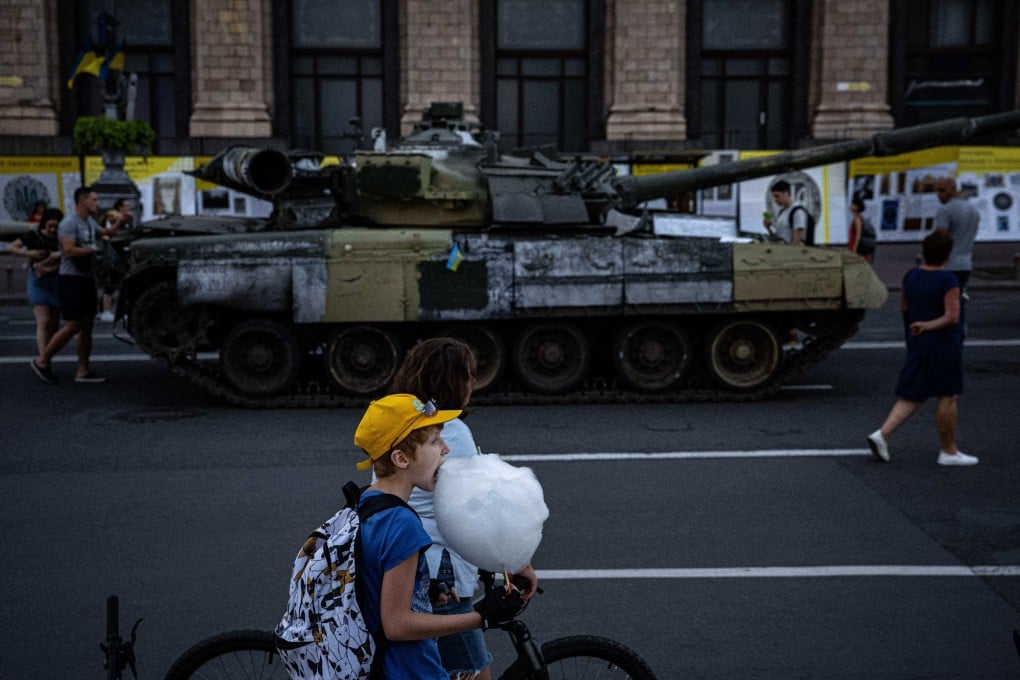Advertisement
Opinion | Russia’s struggles in Ukraine offer Beijing useful lessons on Taiwan
- Much like the Soviet Union’s collapse reinforced China’s focus on economics at the end of the Cold War, Russia is again giving Beijing food for thought
- Moscow’s overconfidence and underperformance in Ukraine are likely to weigh on Beijing’s thinking over reunifying Taiwan by force
Reading Time:3 minutes
Why you can trust SCMP
16

In the course I teach on the Cold War, I invariably end proceedings with a debate about who won. Typically, students say it was the US. Once, though, a student from China argued that China actually won the Cold War.
Their reasoning went like this. After the Cold War, US hubris led to disaster in Afghanistan and Iraq. China, unlike the Soviet Union, managed to become more capitalist while keeping its society stable.
I am not here to debate the merits of that answer. However, the second aspect of the student’s reasoning – that China did not make the mistakes of the Soviet Union – is worth thinking about in the context of the current conflict in Ukraine and Beijing’s Taiwan predicament.
The source of the claim that China learned significant lessons from the demise of the Soviet Union stems from a quote from Deng Xiaoping’s son, Deng Zhifang. In 1990, he said “My father thinks Gorbachev is an idiot”.
Both China and the Soviet Union undertook significant economic reform in the 1980s. While the Soviet Union’s perestroika economic policy was accompanied by glasnost – some political liberalisation – China focused on economics.
Both the Soviet Union and China experienced significant social upheaval in the late 1980s. Because China had not liberalised its politics like the Soviet Union, it was able to avoid the “Tocqueville paradox” – the tendency of an authoritarian state to experience rapid political destabilisation when undertaking political reform – and withstand the threat of popular revolution.
Advertisement
Select Voice
Choose your listening speed
Get through articles 2-3x faster
1.1x
220 WPM
Slow
Normal
Fast
1.1x
